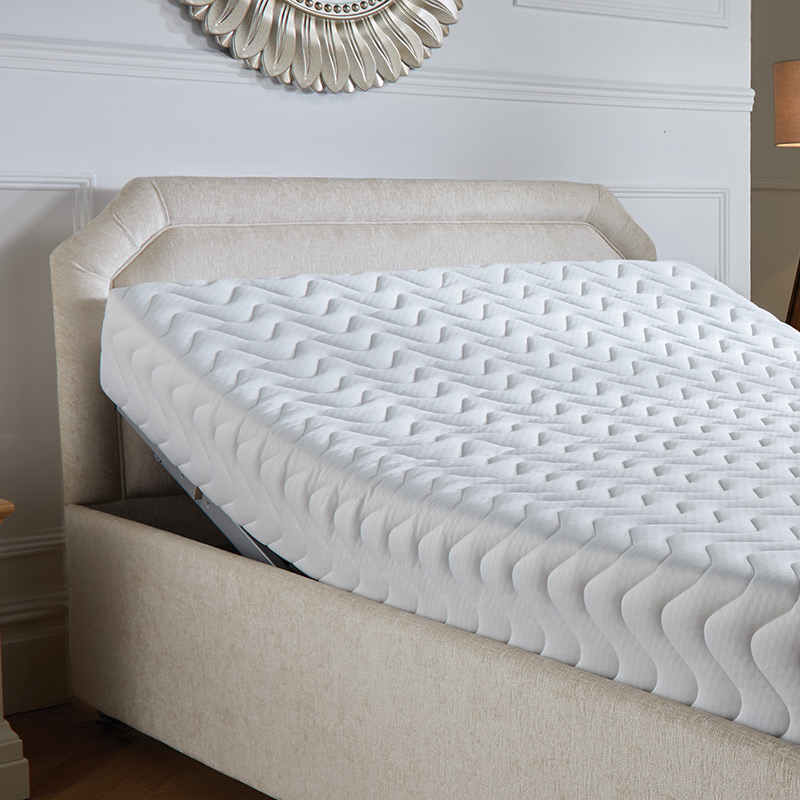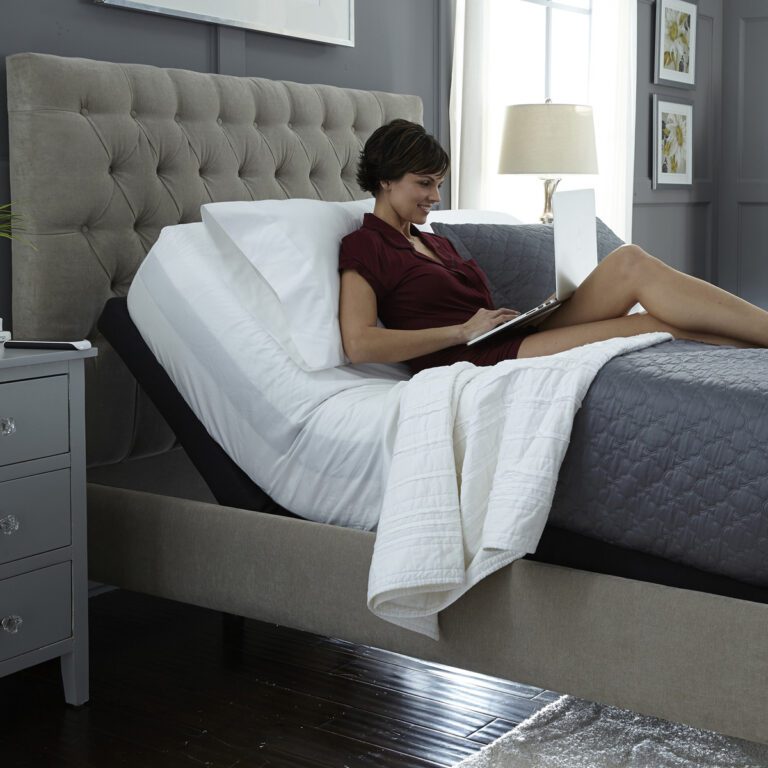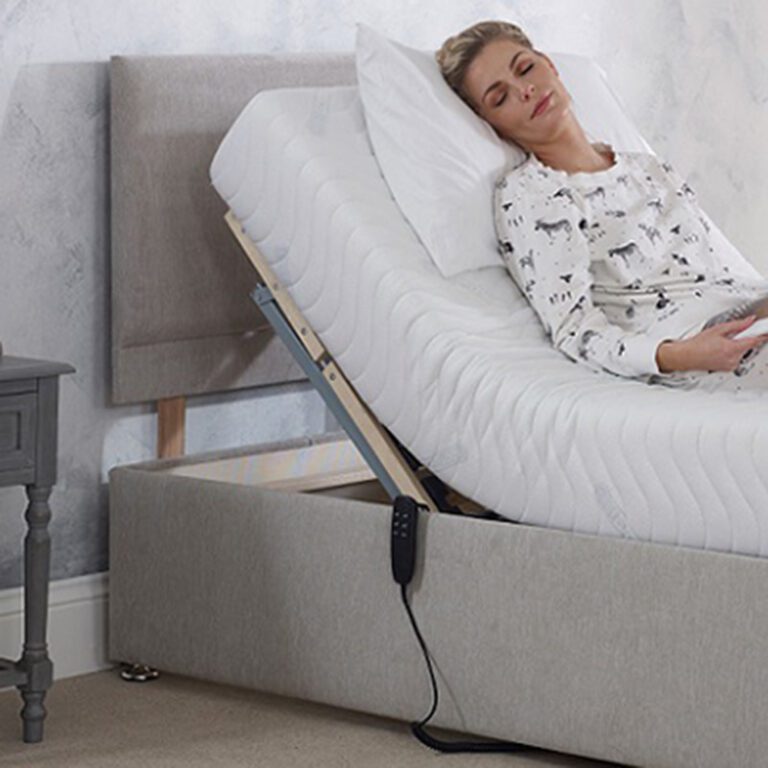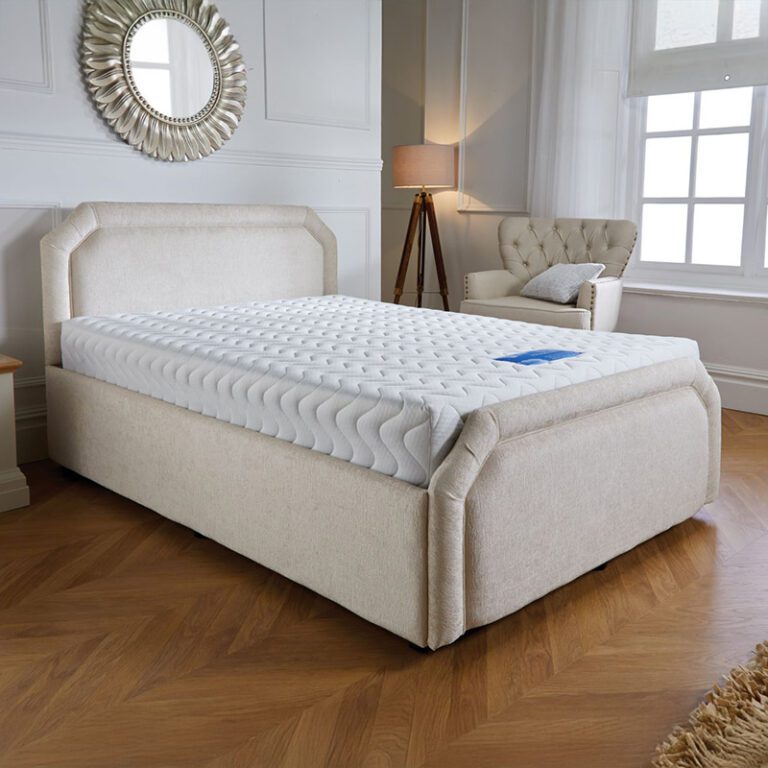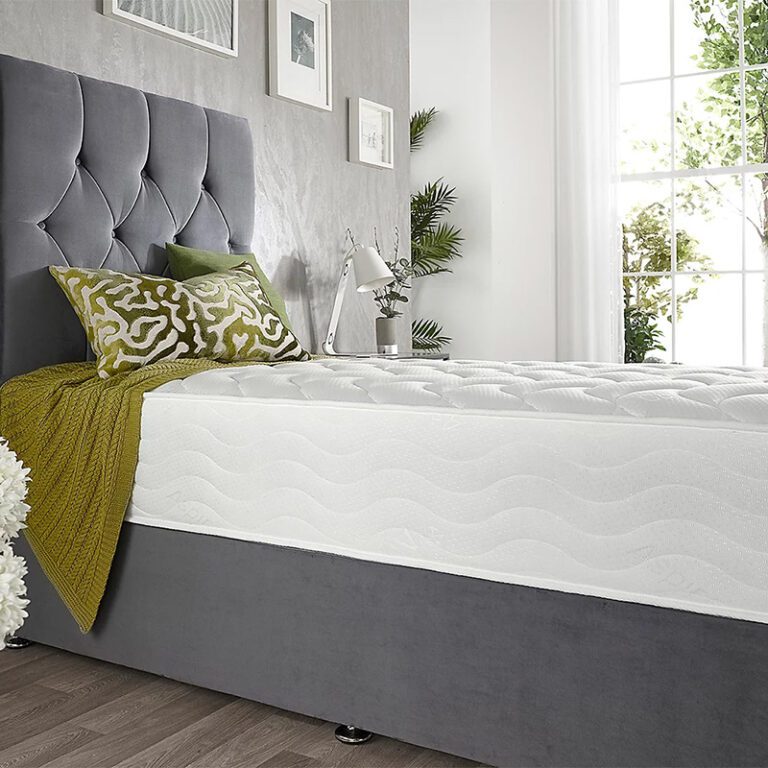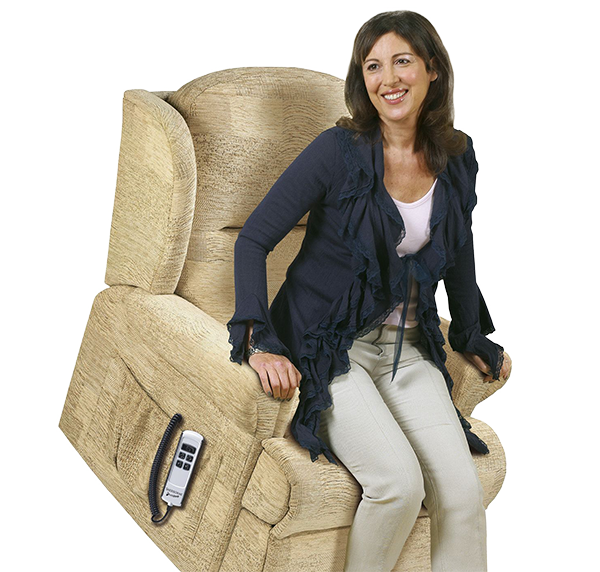Sleep is a cornerstone of health, yet for those living with neurological disorders like Multiple Sclerosis (MS) and Parkinson’s disease, achieving restorative rest can feel like an uphill battle. These conditions often disrupt sleep through symptoms such as muscle rigidity, pain, and involuntary movements, leaving individuals fatigued and exacerbating their health challenges. Adjustable beds, however, are emerging as a powerful tool to improve sleep quality by addressing these unique needs. Let’s explore how these innovative beds can transform nighttime comfort for MS and Parkinson’s patients.
The Sleep Challenges of Neurological Disorders
MS and Parkinson’s affect the nervous system in distinct ways, but both significantly interfere with sleep. For MS patients, muscle spasms, neuropathy, and restless legs syndrome (RLS) can make it difficult to find a comfortable position. Pain and temperature sensitivity—common in MS—may also lead to frequent awakenings. Parkinson’s patients, on the other hand, often grapple with rigidity, tremors, and sleep fragmentation due to REM sleep behaviour disorder (RBD), where physical movements disrupt dream sleep. Additionally, both conditions can impair mobility, making it harder to adjust positions or get in and out of bed independently.
Over time, poor sleep worsens fatigue, weakens immunity, and diminishes quality of life. Managing these symptoms requires solutions tailored to the physical and neurological complexities of these disorders.
How Adjustable Beds Address These Needs
Adjustable beds offer customisable support that can alleviate many sleep-related challenges. Here’s how their features cater to MS and Parkinson’s patients:
- Customisable Positioning
The ability to elevate the head, legs, or both is a game-changer. Raising the head can reduce acid reflux (common in Parkinson’s) and ease breathing, while leg elevation improves circulation, reducing swelling and restless legs. - Pressure Relief and Support
Pairing an adjustable base with a memory foam or hybrid mattress can minimise pressure points. This is crucial for MS patients who may experience numbness or sensitivity. Soned support systems cradle the body’s contours, reducing tossing and turning caused by discomfort. - Assisted Mobility
Adjustable beds can be raised or lowered to assist with sitting up or standing, offering independence to those with limited mobility. This reduces strain on caregivers and lowers the risk of falls during nighttime trips to the bathroom. - Massage and Relaxation Features
Gentle vibration or wave-like massage settings help relax tense muscles and calm tremors. For Parkinson’s patients, this may ease rigidity before sleep, while MS patients could find relief from spasms. - Temperature Regulation
Many modern adjustable beds include cooling gel-infused memory foam or breathable materials to combat night sweats—a frequent issue in MS. Temperature control promotes uninterrupted sleep by preventing overheating. - Programmable Presets
Remote controls with memory settings allow users to save preferred positions, simplifying adjustments for those with dexterity challenges. Voice-activated controls (available in some models) add further convenience.
Investing in Holistic Well-Being
While adjustable beds aren’t a cure, they can significantly enhance comfort and independence, fostering better sleep hygiene. Improved rest supports cognitive function, emotional resilience, and physical health—all critical for managing chronic conditions.
For MS and Parkinson’s patients, the journey to better sleep starts with creating an environment that adapts to their needs. Adjustable beds offer precisely that: a personalised, therapeutic space where the body can relax and recharge. If you or a loved one is struggling with sleep disruptions, exploring adjustable bed options could be a meaningful step toward reclaiming restful nights—and brighter days.
If you’re seeking an adjustable bed to address back pain, a common issue intertwined with mobility challenges in neurological disorders, consider exploring options from PowerNap Ltd. Our range of ergonomic designs and features can help you find a bed tailored to your comfort and health needs.
